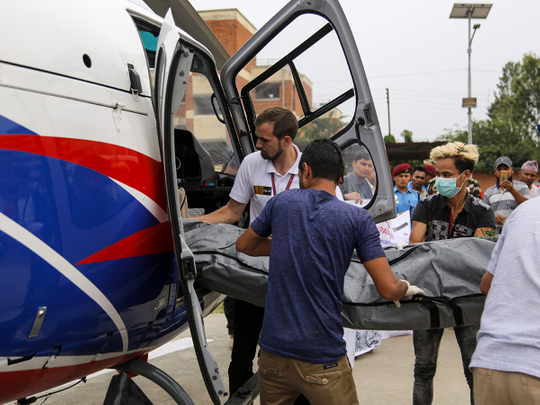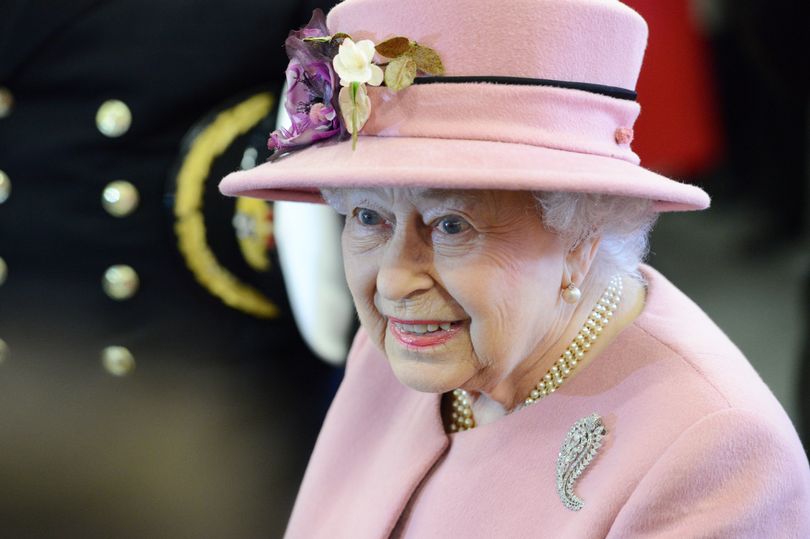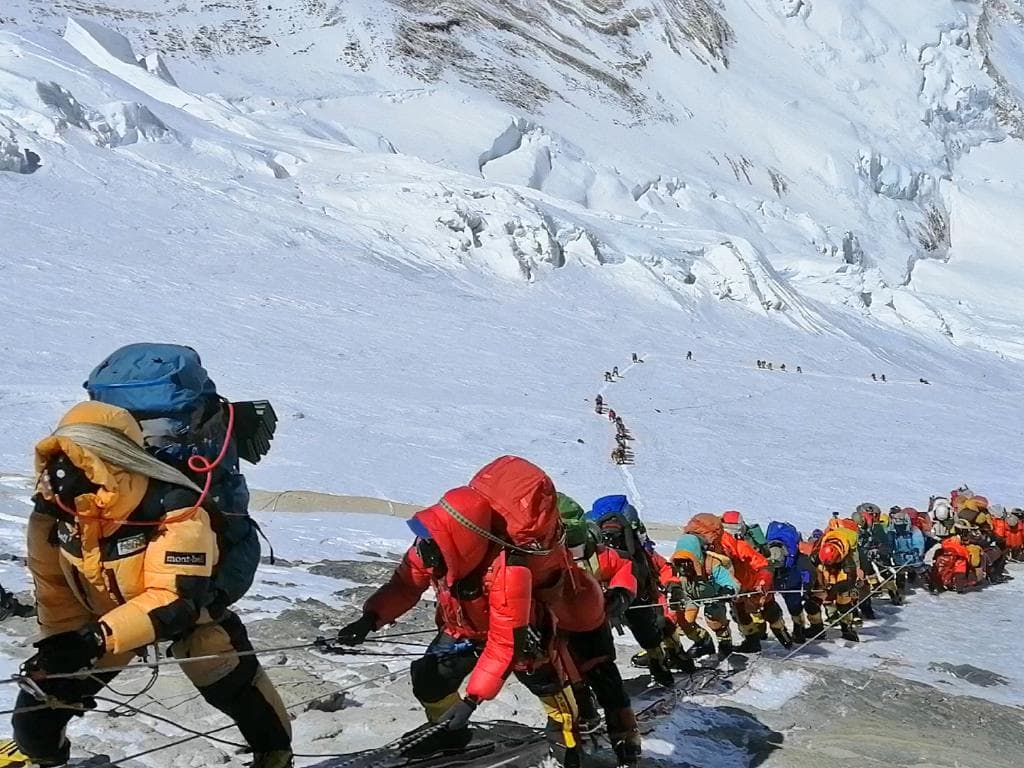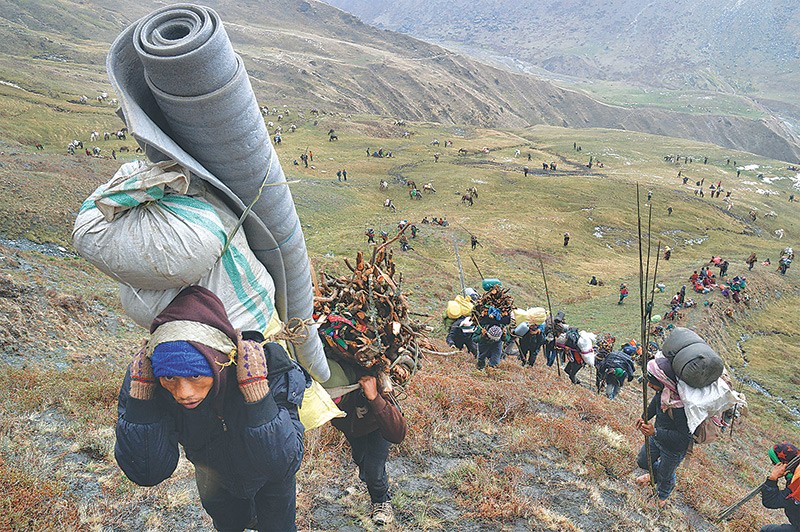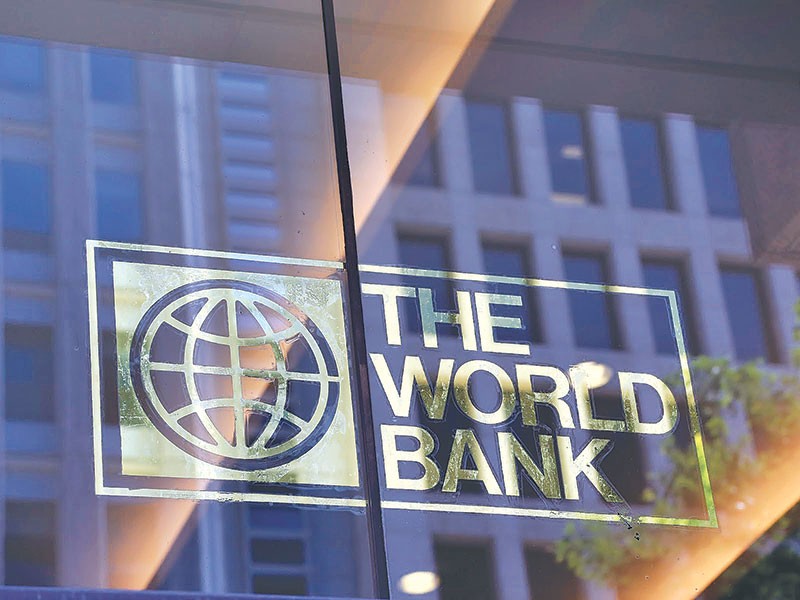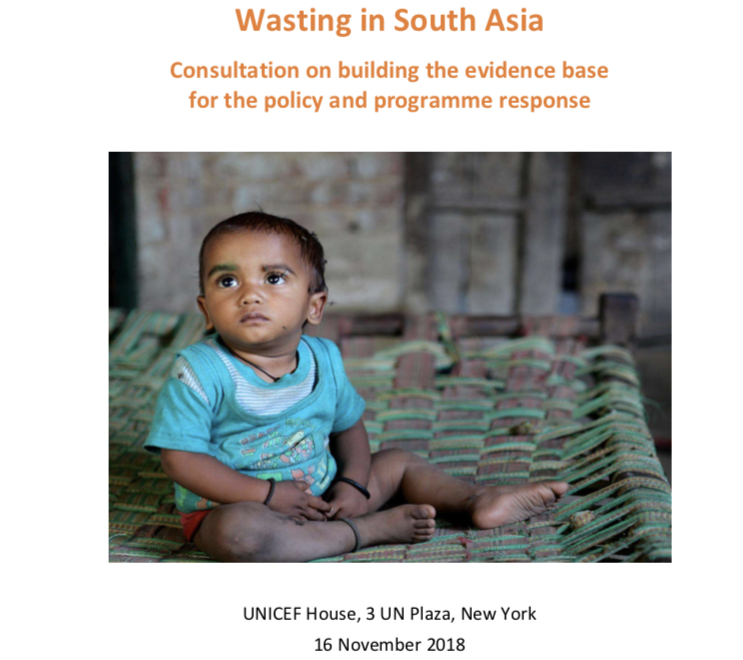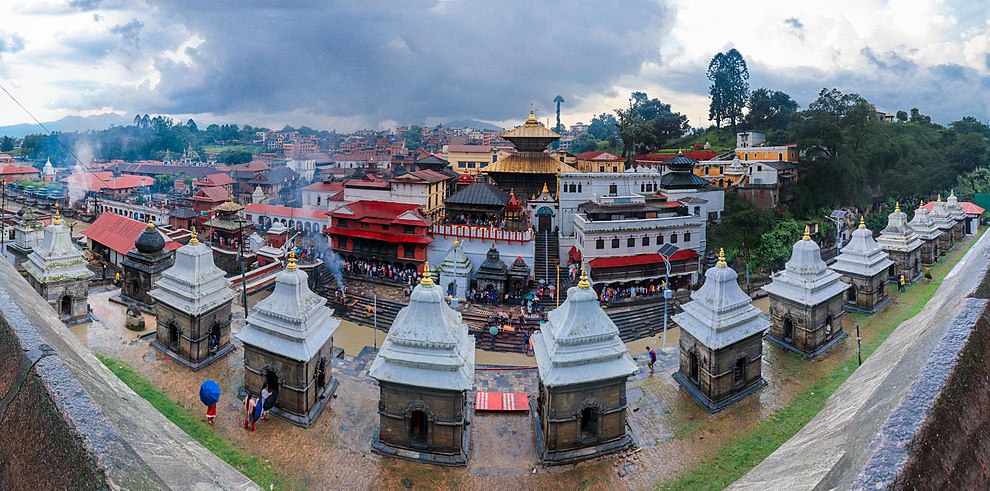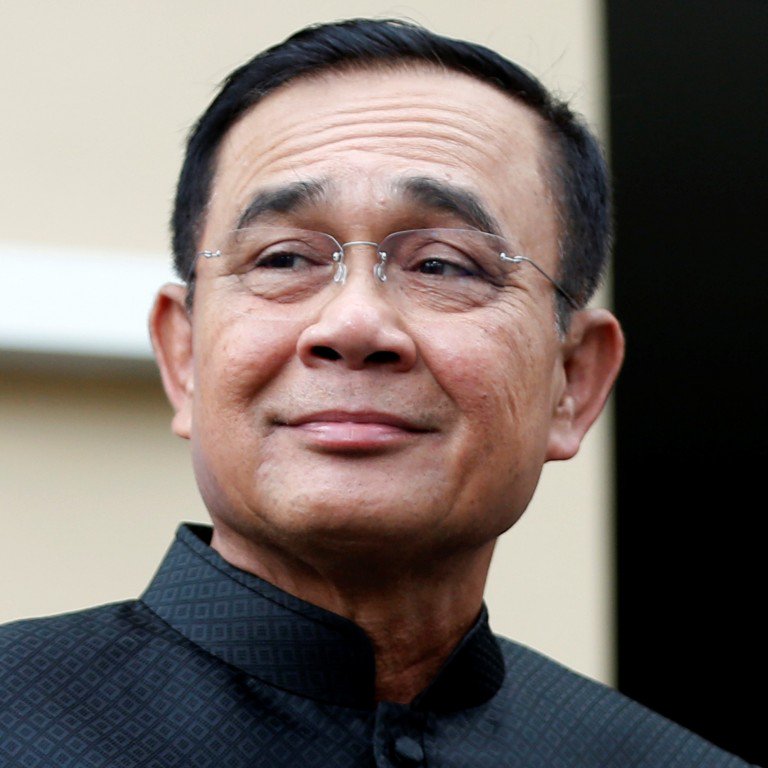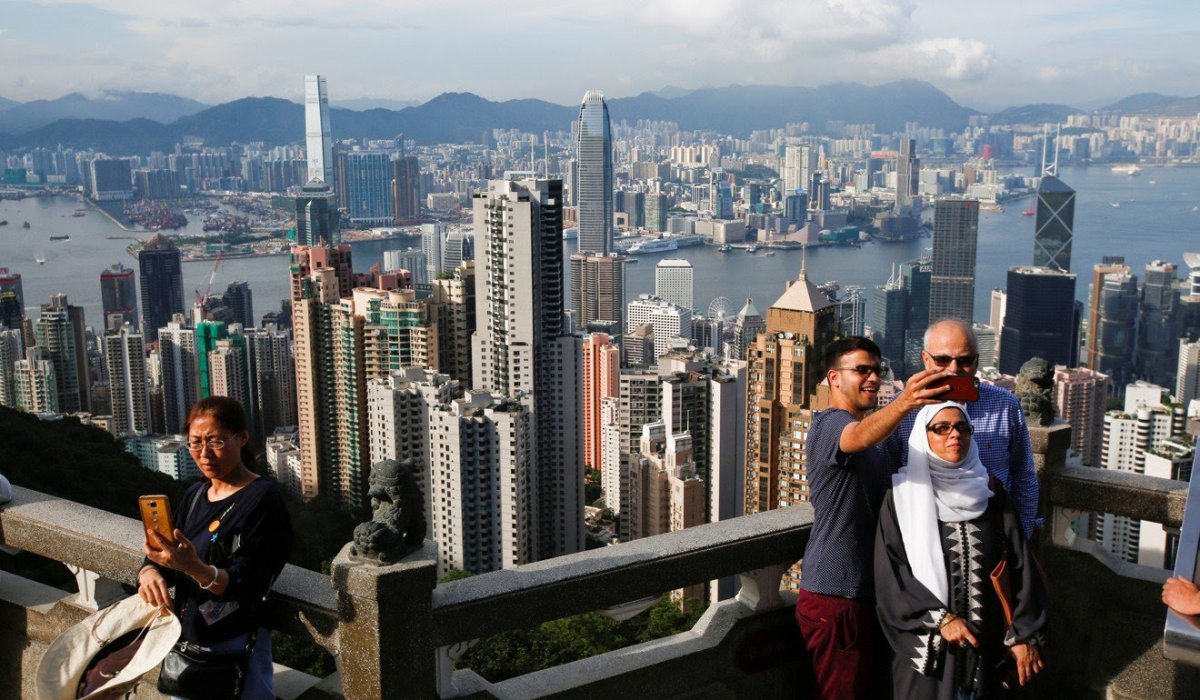London– Two serving Gurkhas and over 30 British South Asians are among the list of academics, business chiefs and professionals who have made it to the Queen’s annual Birthday Honours list released in London on Saturday.
Queen Elizabeth II, who turned 93 in April, officially marked her birthday on Saturday with a traditional Trooping the Colour ceremony in central London.
The Honours list is released to coincide with the celebrations in early June to recognise outstanding achievements across the UK.
Overall, 1,073 people are on the honours list, with 75 per cent recognised for work in their community and 47 per cent of the total being women.
Mahendra Kumar Limbu, Welfare Officer at the Brigade of Gurkhas, and Netra Bahadur Rana — also from the Brigade of Gurkhas — have been conferred MBE. Limbu has been awarded for his services to Gurkha Personnel while Rana has been awarded in recognition of his contribution to Sports.
According to media reports, following people from the British South Asian community have been awarded.
OBE List :
Arvinda Gohil. Chief executive Officer Community Links. For services to the community and to Housing for Vulnerable People. (London)
Sajid Gulzar. Chief executive Officer Prince Albert Community Trust. For services to Education. (Birmingham, West Midlands)
Arun Kumar Batra. Chief executive Officer National Equality Standard. For services to Faith and Integration in the Public Sector. (London)
Arnab Dutt. For services to Small and Medium-sized Businesses to Diversity and to Equality. (Market Harborough, Leicestershire)
Qadeer Kiani. Chair Arhag Housing Association. For services to Migrants and Refugees. (St Albans, Hertfordshire)
Narinder Kaur Kooner. Councillor Birmingham City Council and director, Sikh Women’s Action Network. For services to Supporting Vulnerable People and to the community in the West Midlands. (Birmingham, West Midlands)
Professor Sudhesh Kumar. Dean Warwick Medical School. For services to Medicine and to Diabetes Care. (Solihull, West Midlands)
Manmeet Singh Panesar. Head of Technical Services Office for Product Safety and Standards, Department for Business, Energy and Industrial Strategy. For services to Product Safety. (London)
Reena Ranger. (Reena Ahuja). Founder and Chair Women Empowered. For services to BAME Women. (Moor Park, Hertfordshire)
The following were awarded an MBE
Amrik Singh Basi. Amateur Boxing Referee. For services to Boxing. (Essex)
Rashid Bhayat. Founder Positive Youth Foundation. For services to Young People in the Midlands. (Coventry, West Midlands)
Dr Ashok Kumar Bhuvanagiri. Founder The Telugu Association of Scotland. For services to Cultural Cohesion and to charity. (East Kilbride, South Lanarkshire)
Dr Navnit Singh Chana. Formerly chairman National Association of Primary Care and General Practitioner, Cricket Green Medical Practice. For services to Clinical Education and Primary and Community Care. (Chipstead, Surrey).
Dr Gulbash Singh Chandok. Senior Partner Guru Nanak Medical Centre. For services to General Practice. (Moor Park, Hertfordshire).
Dr Sengottiyan Chandrasekaran. Medical Lead General Adult Critical Care. For services to the community in Manchester. (Cheadle Hulme, Cheshire)
Dr Mohammad Farsi. Founder CANopen Protocol. For services to the Automotive Industry, to Education and to Cultural Engagement. (Newcastle upon Tyne, Tyne and Wear)
Skinder Singh Hundal. Chief executive Officer The New Art Exchange. For services to Visual Arts. (Birmingham, West Midlands)
Dawda Jatta. Founder and chief executive Officer Black and Minority Ethnic Environment Network. For services to Recycling and to Energy Saving in Hull. (Hull, East Riding of Yorkshire)
Mahendra Kumar Limbu. Welfare Officer Brigade of Gurkhas. For services to Gurkha Personnel and their Families. (Aldershot, Hampshire)
Netra Bahadur Rana : Brigade of Gurkhas. For contribution on Sports
Dr Syed Muhammed Habib Naqvi. Policy Lead Workforce Race Equality Standard, NHS England. For services to Equality and to Diversity in the NHS. (Knowle, Bristol)
Syed Muhammad Iqbal Nasim. For services to Community Development and to Tackling Poverty. (Surrey, SM3)
Sarabjit Kaur Sahota. For services to Education. (Hitchin, Hertfordshire)
Imran Sanaullah. Chief executive Officer Patchwork Foundation. For services to Young People. (London)
Dr Abdullahi Shehu. For services to Community Cohesion in Coventry. (Coventry, West Midlands)
Aghia Pal Singh. Infrastructure Engineer West Midlands Fire and Rescue Service. For services to charity and to the community in the West Midlands. (Walsall, West Midlands)
Emdad Hossain Talukder. Community Resource Officer Tower Hamlets Social Services Family Placement Services and Foster Carer. For services to Fostering. (London)
The following were awarded an BEM
Ghulam Mohammed Vohra. Vice chairman Coventry Muslim Forum. For services to Community Cohesion. (Coventry, West Midlands)
Saira Wajid. Head of Engagement Museum of London. For services to Culture and to Diversity. (London)
Dr Naeem Ahmed. Consultant Radiologist Chelsea and Westminster NHS Foundation Trust and Founder, Selfless. For services to volunteering and to Healthcare. (London)
Naseem Akhtar. For services to Health to Fitness and to Sports for Women in Birmingham. (Birmingham, West Midlands)
Dr Sivaramkrishnan Devaraj. Volunteer. For services to Health Charity Fundraising and to General Practice. (London)
Vallabh Kaviraj. For services to Asian Media and to the South Asian community in the UK. (London)
Shamsa Jabeen Latif. For services to Disadvantaged People in South Yorkshire. (Sheffield, South Yorkshire)
CMG
Moazzam Tufail Malik. HM Ambassador Jakarta, Indonesia. For services to British foreign policy and international development.
Full list https://www.gov.uk/government/publications/birthday-honours-lists-2019




